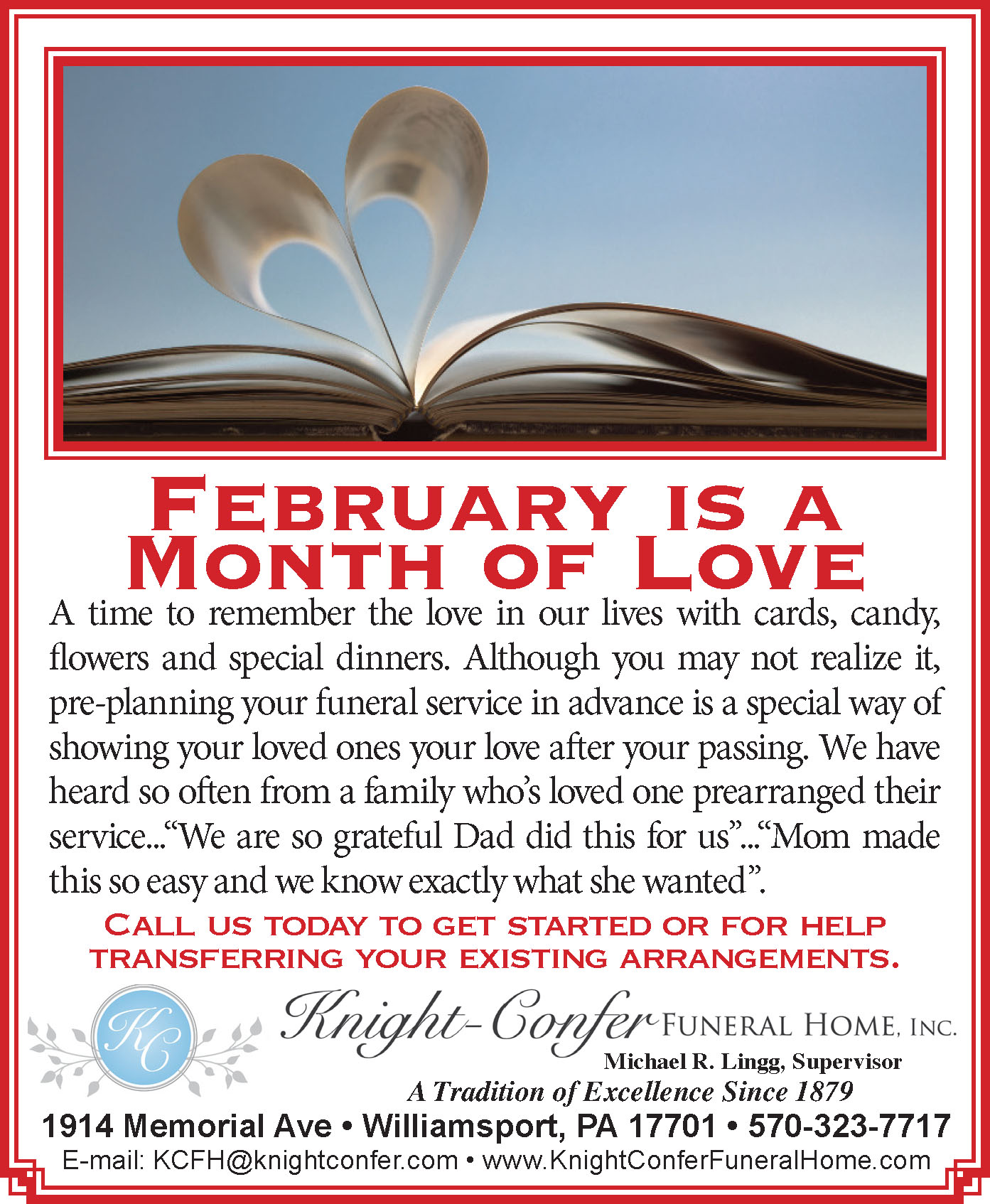A yellowed newspaper clipping held in place by a magnet greets me each time I open the refrigerator door. I don’t take the time to read it each time, but its presence serves as a reminder of something that should never be taken for granted or forgotten.
Its contents read:
“A Marine was taking college classes between his deployments to Afghanistan. One of his courses had a professor that was an atheist and a member of the ACLU. One day the professor shocked everyone by walking into class, looking up, and stating, “God, if you are real, I want you to come down and knock me off this platform. I will give you 15 minutes.’
“Several minutes tick by in silence. When the 15-minute time almost expired, the Marine gets up from his seat, approached the professor, and punched him in the face knocking him off the platform and out cold. The Marine simply went back to his seat.
“The professor came to, visibly shaken, and asked the Marine, ‘what the heck did you do that for?!’
“The Marine said, ‘God was busy protecting America’s military that are out protecting your right to say stupid stuff like that, so he sent me to fill in.”
To me, the message is clear. For the past 246 years, as Americans, we have had the right to hold beliefs that may differ from others, but we don’t have the right to force our own views upon those who might not agree with us.
In our all too increasingly divided society, sports still hold that very unique role of providing a commonality that allows people with diverse views to come together and cheer alongside one another regardless of their race, religion, or political persuasions.
In what may be a real stretch, that thought passed my mind as I walked to the James V. Brown Library on a chilly December Saturday morning to attend a meeting of SABR (Society of American Baseball Research). Yes, that’s the same organization that is inundating baseball fans, young and old, with overwhelming minutia pertaining to analytics, metrics, and stats that seem to view baseball as a mathematical formula rather than the game I grew up adoring from childhood.
Despite my involvement with statistics, I often wish they’d just leave the game alone, not giving a hoot about WAR and launch angles. Ah, but wait, that thought belies the very message stated above. But this day would provide much more pleasant memories.
As I walked into the library’s Lowry Room (no connection at all), the sight of dozens of baseball-loving colleagues suddenly renewed the memories of the Hot Stove League.
In baseball, the term hot stove league dates back to the nineteenth century and refers to the sport’s off-season and a time when in small-town America, folks would gather in the winter around pot-bellied stoves, and discuss topics of the day, including their favorite baseball teams and players. It is also the time of year when players move from team to team more actively.
Baseball conversation quickly filled the room, including remembrances of Williamsport baseball pioneers Jimmy Sebring and George Washington Stovey. Sebring played in the 1903 World Series with the Pittsburgh Pirates and was the first player in World Series history to hit a home run. Stovey is widely considered to have been the best African-American baseball pitcher of the 19th century. Both men are buried in Wildwood Cemetery.
Local SABR members George Jansson and Lou Hunsinger conducted an in-depth interview with Montoursville’s Tom O’Malley, covering his professional baseball career.
O’Malley was drafted as an 18-year-old by the San Francisco Giants in 1979 and began his Major League career in 1982 during Mother’s Day weekend at Shea Stadium against the Mets. He got a base hit in his first game and launched his first home run the next day with his parents in the stands. In his nine-year MLB career, he played for six teams; Giants, White Sox, Orioles, Rangers, Expos, and Mets.
Following the 1991 season with the Mets, Tom traveled to Japan, where he enjoyed his greatest baseball success playing with the Hanshin Tigers and Yakuit Swallows. In 1995 he led the Swallows to the Japanese World Series championship hitting .307 with 31 home runs and 87 rbi. He was named the MVP of both the regular season and the World Series.
O’Malley’s popularity with Japanese fans reached a zenith when he was named Japan’s athlete of the year and asked to cut a record album singing in Japanese.
“That really surprised me because I can’t sing a lick,” he admitted. “But things turned out well, and the album sold over one million copies.”
O’Malley was raised in New Jersey and came to Montoursville as a ninth grader when his father’s work transferred him to this area. He told the assembled that the only reason the family chose to find a home in Montoursville was because they were the only school in the area that had a baseball team at the time. The rest, as they say, is history.
Assembled in that room were others whose views aren’t parallel with mine, but for two enjoyable hours, the only thing that mattered was baseball. I don’t agree with many of the changes taking place in the game I love, but I love the game, and so do those others. Indeed sports have a way of bringing people together. I only wish more common ground could be found for the many things that are dividing us these days.



